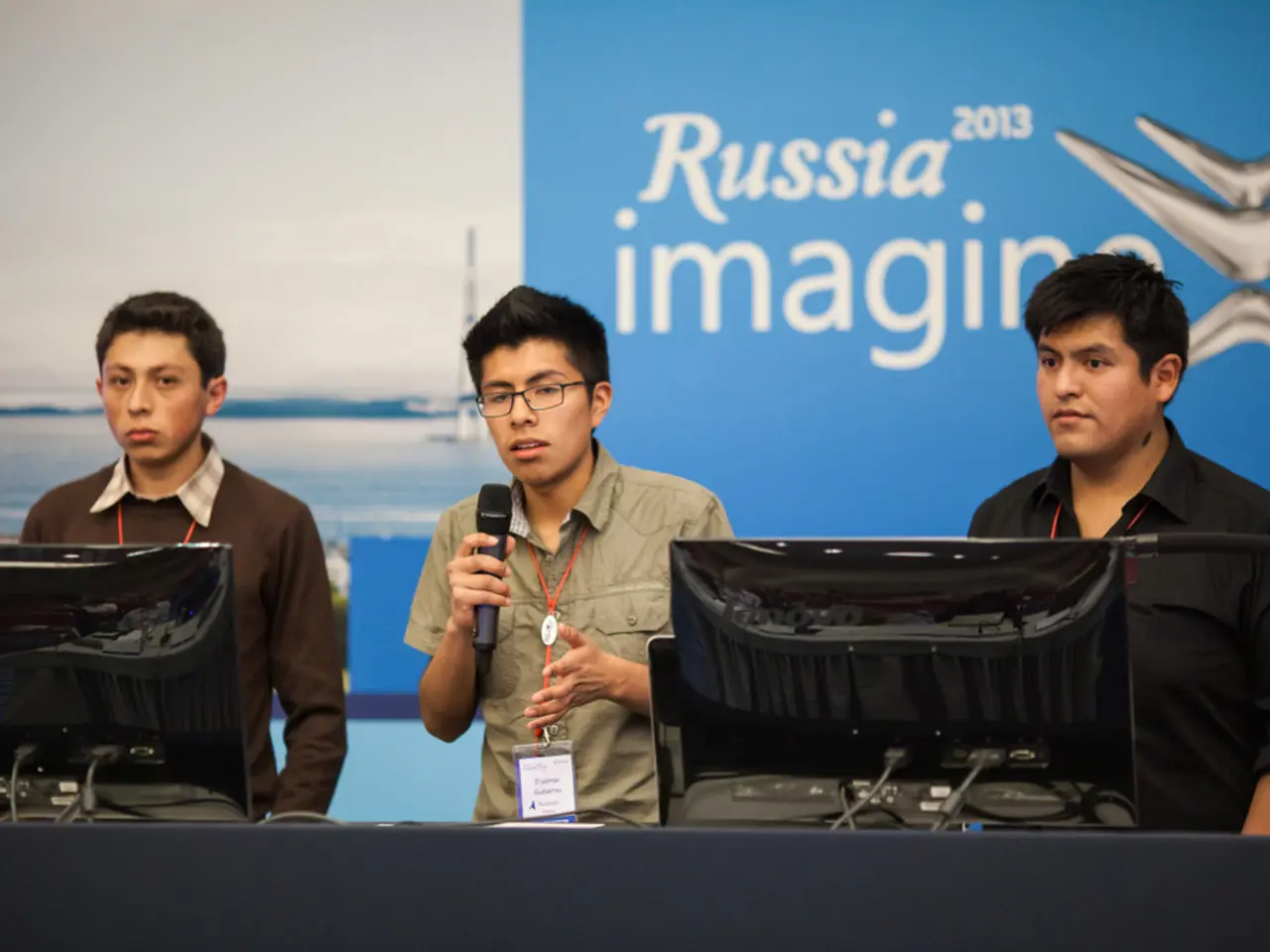"Archbishop Gössl Justifies Actions in Courtroom Dispute; Doro Bär Criticizes SPD Candidate Harshly"
In a dramatic turn of events, the nomination of law professor Frauke Brosius-Gersdorf for a seat on the Federal Constitutional Court has been met with significant opposition, particularly from Catholic leaders and conservative factions. The criticism stems primarily from Brosius-Gersdorf's views on abortion and her support for mandatory COVID-19 vaccinations, issues that have sparked controversy within conservative and Catholic circles in Germany.
Brosius-Gersdorf's appointment to a federal government commission in 2023, which examined how to regulate abortion outside the German Criminal Code, was viewed by pro-life advocates as pushing toward more permissive abortion laws. This led to strong opposition from Catholic bishops and lay Catholics alike, with the opposition described as a "domestic political scandal" by some German Catholic sources.
The Archbishop of Bamberg, among other Catholic leaders, criticised Brosius-Gersdorf’s nomination, particularly her stances perceived as undermining the Church’s teachings on the sanctity of unborn life. Additionally, Brosius-Gersdorf’s support for mandatory COVID-19 vaccination also drew skepticism from conservative factions within the coalition.
Due to the vociferous opposition, the parliamentary vote scheduled for July 11, 2025, was postponed after it became apparent that Brosius-Gersdorf would struggle to secure the two-thirds majority required. This delay exposed and exacerbated tensions within Chancellor Friedrich Merz’s coalition government, which includes the center-left SPD and the center-right CDU/CSU. The CDU/CSU eventually withdrew support for Brosius-Gersdorf shortly before the vote, citing both ideological objections and a plagiarism allegation against her that emerged as another element of the controversy.
The events surrounding Brosius-Gersdorf's nomination have sparked heated debates, with some defending her candidacy and others criticising her views. The Bishop of Bamberg, Herwig Gössl, has accused Brosius-Gersdorf of denying the right to life of unborn children, while Federal Research Minister Dorothee "Doro" Bär has expressed understanding for the concerns of Union members against the candidate for the Federal Constitutional Court, Frauke Brosius-Gersdorf.
In response to the criticism, Brosius-Gersdorf has defended herself, finding Gössl's statement outrageous. Gössl has offered a personal conversation to clear up misunderstandings, as stated in a personal statement. The disputes over the replacements at the Karlsruhe Federal Constitutional Court have now reached Bamberg, with the events in the Bundestag around the planned and then postponed nomination of the constitutional judge referred to as a "political scandal" by the Bishop of Bamberg, Herwig Gössl.
As the controversy continues, Brosius-Gersdorf faces a challenging road ahead in securing her seat on the Federal Constitutional Court. The delay in her appointment has exposed deep divisions within Germany's political landscape, with questions surrounding the future of her candidacy and the potential impact on the country's highest court.
The ongoing debate about Professor Frauke Brosius-Gersdorf's nomination involves discussions on policy-and-legislation, particularly concerning abortion and mandatory COVID-19 vaccinations, which have stirred controversies within general-news circles. The opposition from Catholic leaders and conservative factions originates from her perceived stance against the Church's teachings on the sanctity of unborn life and her support for these vaccinations.







